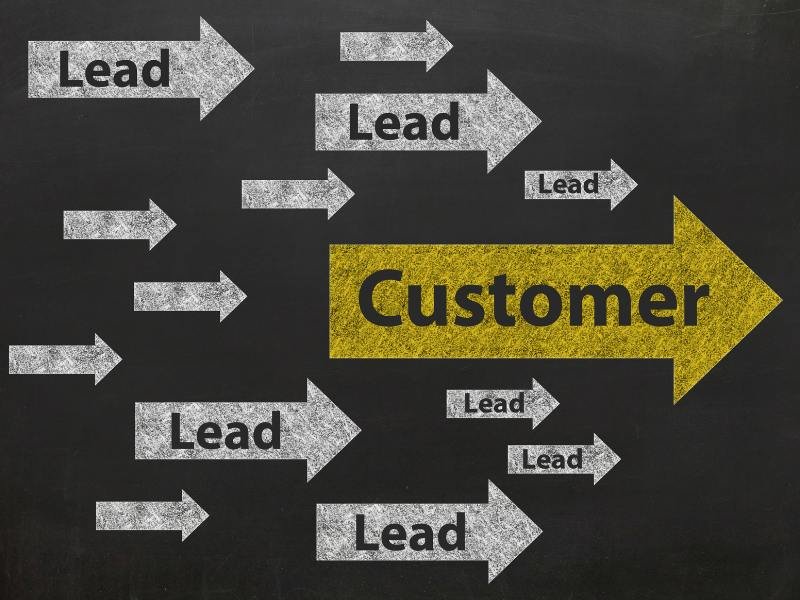Understanding the distinct roles of marketing and selling is crucial for any business aiming to thrive in a competitive landscape. While both functions are essential to driving business success, they serve different purposes and require unique strategies. Here’s a deep dive into what sets marketing and selling apart and how each contributes to the business.
Defining Marketing

Marketing involves a series of actions a business takes to capture the target audience’s interest in its overall brand, products, or services. It is a comprehensive process that includes:
- Market Research: Identifying and understanding the needs, preferences, and behaviors of your target audience.
- Brand Messaging: Developing a consistent voice that resonates with customers and strengthens brand identity.
- Promotion Strategies: Utilizing various channels such as social media, email, SEO, and content marketing to communicate with potential customers.
The goal of marketing is to create demand and cultivate relationships over time, making it a long-term effort.
Defining Selling
Types of Ads You Can Create
Selling, on the other hand, is the direct process of persuading a customer to purchase a product or service. Key aspects include:
- Customer Interaction: Direct communication with customers through sales calls, meetings, and presentations.
- Closing Deals: The techniques used to convert prospects into buyers by addressing their concerns and negotiating terms.
- Achieving Sales Targets: Focusing on short-term goals to meet sales quotas and generate revenue.
Selling is more transactional and focuses on achieving immediate business results.
Key Differences Between Marketing and Selling
Focus
- Marketing: Builds awareness and nurtures relationships to create a customer base over time.
- Selling: Directly focuses on converting prospects into customers to close sales quickly.
Strategies
- Marketing: Involves diverse strategies like content marketing, SEO, and digital campaigns that educate and engage the customer base.
- Selling: Uses strategies such as persuasion, negotiation, and personal selling skills to achieve sales.
Time Horizon
- Marketing: Long-term oriented, creating and maintaining demand, brand positioning, and customer relationships.
- Selling: Short-term focused, aiming to achieve immediate sales and revenue targets.
Measurement of Success
- Marketing: Success is measured by campaign effectiveness, engagement rates, and the ability to generate qualified leads.
- Selling: Success is typically measured by sales volume, revenue figures, and meeting or exceeding sales quotas.
Integrating Marketing and Selling
While marketing and selling are distinct, they are interdependent. Effective marketing creates a fertile ground for selling by educating potential customers and building trust. Conversely, successful selling strategies provide feedback and insights that can refine marketing efforts. Integrating both aspects can lead to:
- Enhanced Customer Experience: Ensuring that customers receive consistent messages and interactions throughout their buying journey.
- Increased Efficiency: Aligning marketing strategies with sales goals to streamline processes and improve results.
Conclusion
Understanding the differences between marketing and selling can significantly impact how businesses approach their strategies for customer engagement and revenue generation. By clearly defining and integrating both functions, companies can more effectively attract, engage, and retain customers, ultimately driving long-term success.
Frequently Asked Questions (FAQs)
1. What is the main difference between marketing and selling?
Marketing builds brand awareness and relationships; selling focuses on directly converting prospects into customers.
2. Is marketing a short-term or long-term strategy?
Marketing is a long-term strategy aimed at creating demand, building loyalty, and nurturing customer relationships over time.
3. How is success measured in marketing versus selling?
Marketing success is measured by engagement and lead generation; selling success is measured by sales volume and revenue.
4. Can marketing and selling work together?
Yes, marketing educates and builds trust, making selling easier, while sales insights refine marketing strategies.
5. Why is it important to integrate marketing and selling?
Integration creates a consistent customer experience, improves efficiency, and boosts both customer satisfaction and business growth.




